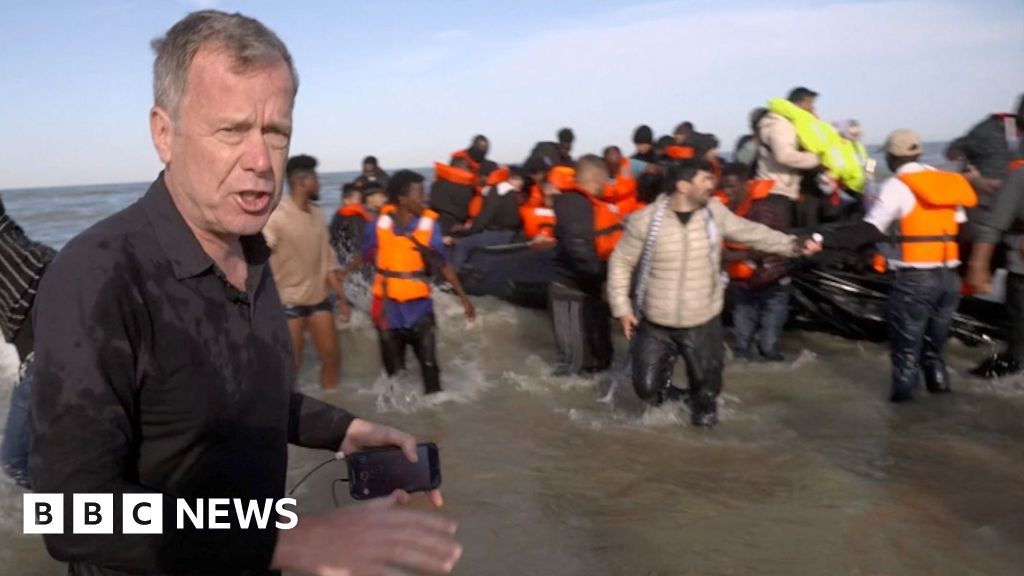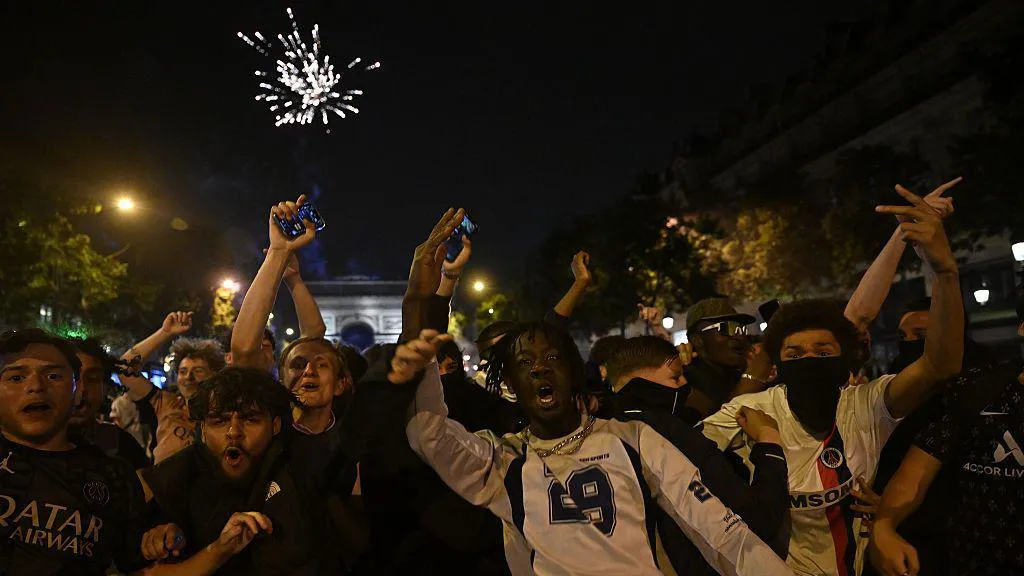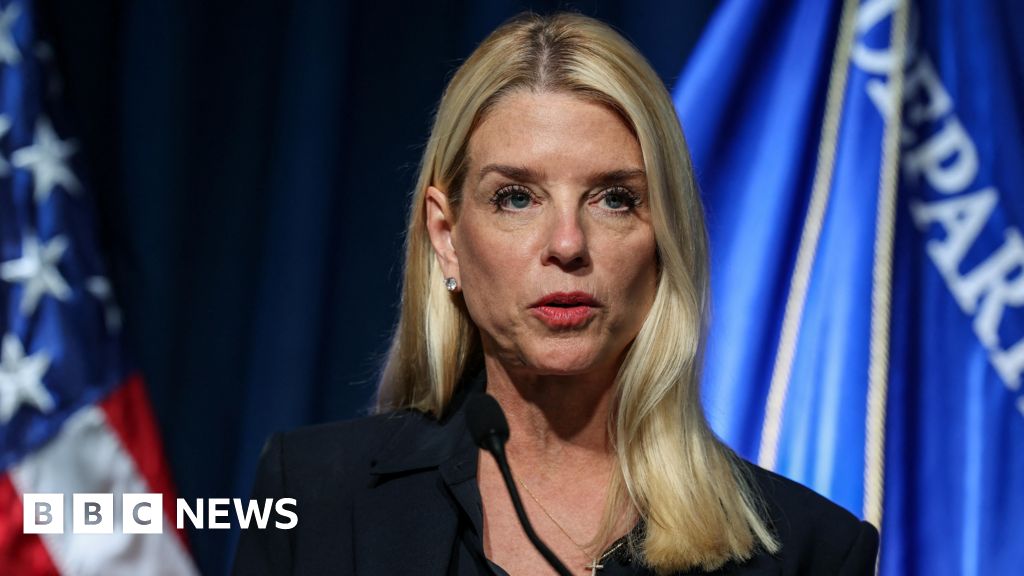John Sudworthin Kyiv
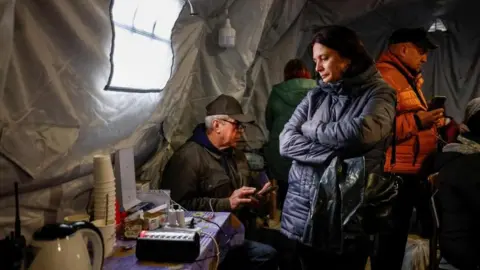 Reuters
ReutersThe Ukrainian city of Chernihiv is in total blackout following what the authorities describe as a “massive” assault by Russian missiles and drones, with hundreds of thousands of people affected.
Across the wider Chernihiv region, four people are reported to have been killed as residential neighbourhoods were struck in the town of Novhorod-Siverskyi.
Ten others were injured, including a 10-year-old girl.
The country’s most northerly region is the latest to be hit in an intensifying series of attacks on civilian infrastructure as Russia targets energy supplies, the rail network, homes and businesses in its full-scale invasion of Ukraine.
“I personally heard the drones flying overhead,” 55-year-old Oleksandr Babich said.
The Chernihiv city resident spoke in matter-of-fact terms about a night filled with the low whine of Iranian-designed Shahed drones, a sound now being increasingly heard far from the war’s front lines.
“Unfortunately, our region is very close to our scheming neighbour,” he said, adding an expletive for good measure.
The Chernihiv region shares a border with both Russia and Belarus, giving the air defences here less time to react to any incoming attacks.
In a raid involving more than 100 Shahed drones – each of which carry a 50kg warhead – and six ballistic missiles, the direct strikes on Chernihiv’s electricity generating facilities left the whole city without power, as well as large parts of the surrounding area.
Andriy Podorvan, the deputy head of the Chernihiv Regional Military Administration, told the BBC that it was part of a pattern across much of the country, with things getting much worse in recent months.
“For around half a year we have been experiencing targeted strikes on the energy infrastructure in our region,” he said.
“The number of attacks has significantly increased over the last two months.”
When I asked him if he believed that any of the targets were of military value – Moscow’s usual justification for these sorts of attacks – he pointed out that Russia has even been targeting petrol stations.
“I can only see strikes on civilian infrastructure,” he said.
The attack on the electricity grid has also meant the loss of power to water pumping stations, seriously impacting supplies. Residents have been told to stock up on bottled water or are having to rely on emergency deliveries.
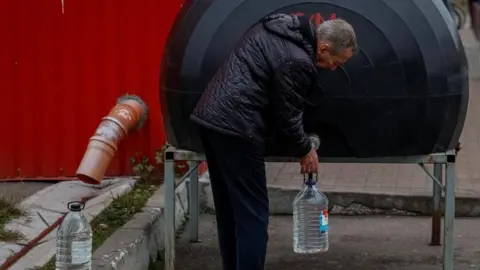 Reuters
ReutersWith the attacks ongoing in the morning, electrical engineers had to delay their initial response – but were later able to begin working to restore power.
The wider concern is that, if the intensity of Russia’s bombardment continues, it risks rapidly depleting the country’s energy resilience, taking a heavy toll on the economy and – with a harsh winter ahead – dealing a psychological blow to the public too.
Up until now, the country’s generating companies – working together in a war-time spirit of co-operation – have been able to restore power relatively quickly, but stocks of replacement equipment are not unlimited.
A single transformer can take more than a year to produce, with added time for transportation and installation.
The country is having to look for all the help it can get.
Ukrainian President Volodymyr Zelensky’s recent meeting with US President Donald Trump in Washington may have been seen as a strategic disappointment, coming away without having secured a supply of long-hoped for long-range Tomahawk missiles.
But his meetings with the heads of leading US energy companies, in which they discussed ways of helping Ukraine to shore up and modernise its energy sector, were reportedly a success.
Some estimates put the total cost of the damage to Ukraine’s energy infrastructure so far at more than $16bn (€13.7bn; £11.9bn).
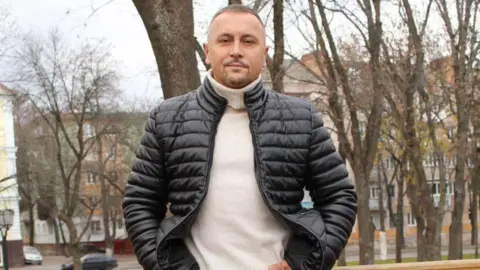
In Chernihiv, the regional official Andriy Podorvan told the BBC that he believes Russia is unable to make any significant progress on the front lines and so now sees the civilian population as a weak point.
But he thinks this is misjudged.
“People understand who the enemy is and who is guilty in this situation,” he said. “It will lead to the even greater unity of the population.”
Mr Babich agrees.
“Although, yes, there are inconveniences, the majority of the population is ready for this,” he insisted.
Many have been going to work as normal, he pointed out, with back-up generators in place for important facilities like hospitals and government buildings, and neighbours are helping each other.
“The hero city of Chernihiv did not give up and is not going to give up. Morale is high.”


